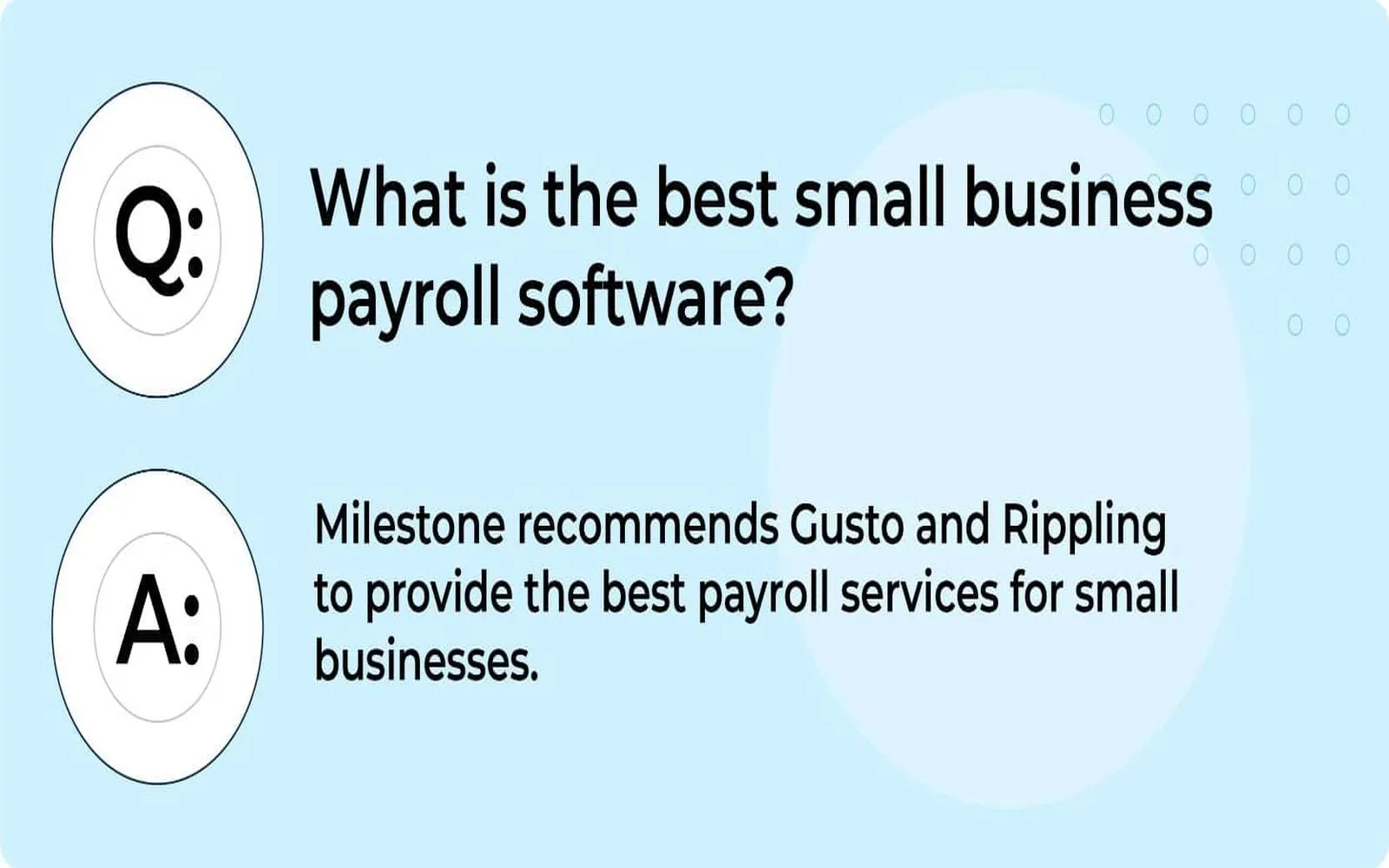Affordable Legal Services for Small Businesses in 2025: Your Guide to Cost-Effective Solutions
Introduction
In 2025, small businesses continue to face a myriad of challenges, and one of the most daunting is navigating the legal landscape. From forming a business entity to drafting contracts and ensuring compliance with regulations, the legal needs of small businesses can be overwhelming. However, the good news is that affordable legal services are more accessible than ever. This guide aims to provide small business owners with cost-effective solutions to their legal needs, ensuring they can focus on growth without the burden of exorbitant legal fees.
Understanding the Legal Needs of Small Businesses
Small businesses encounter various legal issues, including but not limited to:
- Business formation and registration
- Contract negotiation and drafting
- Employment law compliance
- Intellectual property protection
- Taxation and regulatory compliance
Understanding these legal needs is the first step in budgeting for legal services. By identifying areas where legal assistance is required, small business owners can seek out specific solutions that fit their budget.
The Rise of Online Legal Services
In recent years, online legal services have gained popularity as a cost-effective alternative to traditional law firms. By leveraging technology, these platforms provide a range of legal services at a fraction of the cost. Some popular online legal service providers include:
- LegalZoom: A pioneer in online legal services, LegalZoom offers business formation, trademark registration, and contract templates.
- Rocket Lawyer: Provides legal documents, attorney consultations, and ongoing legal advice on a subscription basis.
- LawDepot: Offers customizable legal documents for various business needs, including contracts and leases.
These platforms often feature user-friendly interfaces and templates that allow small business owners to complete legal tasks without the need for expensive consultations.
Utilizing Legal Technology for Cost-Effectiveness
Legal technology is transforming the way small businesses manage their legal needs. Here are some technological solutions that can help reduce legal costs:
- Contract Management Software: Tools like ContractWorks and DocuSign streamline the contract creation, negotiation, and storage processes, minimizing the need for legal intervention.
- Legal Research Tools: Services such as Westlaw and LexisNexis provide access to extensive legal databases, allowing businesses to conduct their own research and save on legal fees.
- Compliance Management Systems: Software solutions can help track regulatory changes and ensure that businesses remain compliant with state and federal laws.
By leveraging these technologies, small businesses can handle many legal tasks independently, saving money on attorney fees.
Exploring Alternative Fee Arrangements
Traditional law firms often charge by the hour, which can lead to unpredictable legal expenses. In 2025, many firms are shifting towards alternative fee arrangements (AFAs) that provide more cost certainty for clients. These arrangements may include:
- Flat Fees: A predetermined fee for specific services, such as business formation or contract drafting, allowing for predictable budgeting.
- Retainers: An upfront fee paid to secure the services of a lawyer for a set period, offering better control over legal costs.
- Contingency Fees: Payment only if the lawyer successfully recovers money for the client, often seen in litigation cases.
Small business owners are encouraged to discuss fee structures with their attorneys to find arrangements that best suit their financial capabilities.
Leveraging Legal Clinics and Nonprofit Organizations
Many communities offer legal clinics and services through nonprofit organizations dedicated to assisting small businesses. These resources often provide free or low-cost legal assistance, particularly for startups and minority-owned businesses. Some notable organizations include:
- SCORE: A nonprofit that offers free mentoring and workshops, including legal guidance for small business owners.
- Small Business Development Centers (SBDCs): These centers provide resources and consulting services, including legal advice.
- Local Bar Associations: Many local bar associations offer pro bono legal services or reduced-fee programs for small businesses.
Taking advantage of these resources can help reduce legal costs while providing valuable support to new entrepreneurs.
Engaging with Freelance Attorneys
The gig economy has extended into the legal field, with many attorneys now offering their services on a freelance basis. Platforms like Upwork and Fiverr connect small business owners with freelance lawyers who can provide specific legal services at competitive rates. This approach allows businesses to:
- Access specialized legal expertise without the overhead costs associated with traditional firms.
- Hire attorneys for short-term projects, such as contract reviews or legal research.
- Negotiate rates directly, ensuring that legal fees align with the business's budget.
Freelance attorneys can be a valuable resource for small businesses looking to save on legal expenses while still receiving quality legal services.
Networking and Building Relationships with Attorneys
Establishing a relationship with a reliable attorney can lead to long-term cost savings. By networking and building connections within the legal community, small business owners can find attorneys who understand their industry and specific legal needs. Some tips for building these relationships include:
- Attend Local Business Events: Networking events, workshops, and conferences provide opportunities to meet attorneys who specialize in small business law.
- Join Professional Associations: Becoming a member of industry-specific associations can connect business owners with legal professionals who offer member discounts.
- Seek Referrals: Asking fellow entrepreneurs for recommendations can lead to finding trustworthy attorneys who offer affordable services.
Building a strong network can provide small business owners with access to legal resources and advice when needed, reducing the likelihood of costly legal issues arising in the first place.
Investing in Legal Education
Understanding the basics of business law can empower small business owners to handle certain legal tasks independently, which can save money over time. Many organizations offer workshops and resources to help entrepreneurs learn about their legal responsibilities. Some options include:
- Online Courses: Platforms like Coursera and Udemy offer affordable courses on business law topics relevant to small businesses.
- Webinars: Many legal firms and organizations host free or low-cost webinars that cover legal issues affecting small businesses.
- Books and Guides: Numerous publications provide insights into legal best practices for small businesses, helping owners familiarize themselves with key concepts.
By investing in legal education, small business owners can make informed decisions and potentially avoid costly legal mistakes.
Regular Legal Check-ups
Just as businesses conduct financial audits, regular legal check-ups are essential for ensuring compliance and identifying potential issues before they escalate. Small businesses should consider scheduling periodic consultations with their attorney to:
- Review contracts and agreements.
- Assess compliance with local, state, and federal regulations.
- Update company policies and procedures as needed.
These proactive measures can help small businesses avoid legal pitfalls and minimize the risk of incurring significant legal costs down the line.
Conclusion
In 2025, small businesses have a wealth of affordable legal service options at their fingertips. By leveraging online platforms, technology, community resources, and strategic networking, entrepreneurs can access the legal support they need without breaking the bank. Investing time in understanding legal issues and establishing relationships with legal professionals will ultimately empower small business owners to navigate the complexities of the legal landscape with confidence. With the right approach, affordable legal services can become a valuable asset in the journey toward business success, allowing entrepreneurs to focus on what they do best: growing their businesses.
Explore

Affordable Dental Implants: Your Guide to Cost-Effective Solutions

Affordable Health Insurance for Families in 2025: Your Guide to Cost-Effective Coverage Options

Top Pest Control Services Near You: 2025 Guide to Effective Solutions

Top Affordable Home Repair Services of 2025: Quality Solutions for Every Budget

Affordable Appliance Repair Services in 2025: Quality Solutions Without Breaking the Bank

8 Free & Low-Cost QR Code Tools for Packaging

Top Payroll Services for Small Businesses in 2025: Streamline Your Payroll Process
